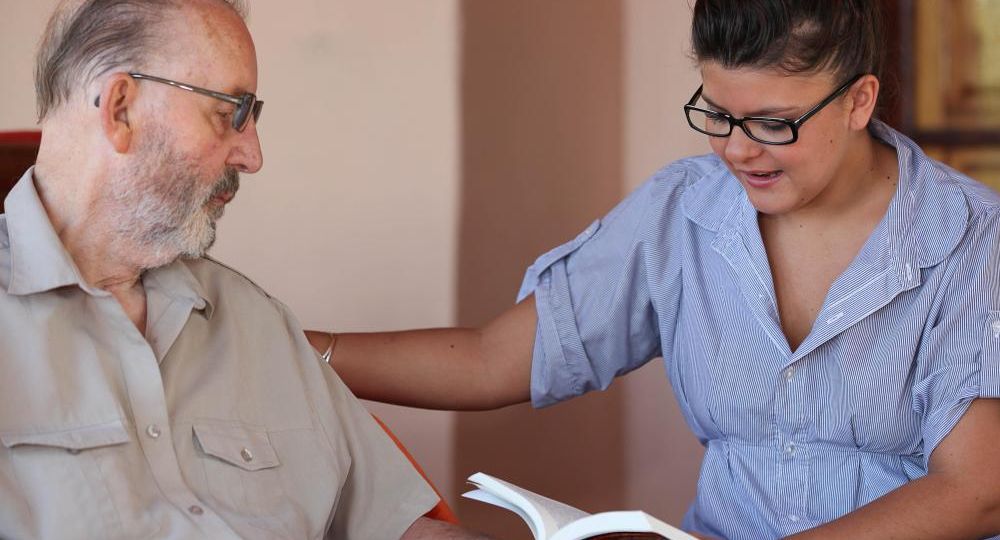
Trenton – Legislation sponsored by Senators Joe Vitale and Senator Robert Singer that would provide protections for residents of long-term care facilities who might otherwise be exploited for financial gain advanced out of the Senate Health, Human Services, and Senior Citizens Committee.
Specifically, the bill would prohibit any owner, administrator, director, officer, or employee of a long-term care facility (LTC) or any person or entity affiliated with or related to an owner, administrator, director, officer or employee of LTC or any other person who benefits financially from an LTC from a) managing the affairs of a resident except pursuant to a court order appointing that person the resident’s guardian; or b) or acting as ‘attorney-in-fact’ for a resident, as well as invalidate any current power-of-attorney agreements that violate this section.
“Residents of long-term care facilities can often be left vulnerable to those who would seek to take advantage and attempt to take charge of their finances during their time of frailty,” said Senator Vitale (D-Middlesex), Chair of the Health, Human Services and Senior Citizens Committee. “This bill goes a long way toward protecting these residents, both legally and financially.”
In addition, the legislation requires the Department of Health to develop a standard resident admission agreement form for use by LTC facilities which could not be altered without approval by DOH, and prohibits LTCs from requiring residents and prospective residents to sign any document at time of or as condition of admission to a facility other than the standard resident admission agreement.
This is a system already in place in California, where, by law, all California nursing homes must use the Standard Admission Agreement developed by the California Department of Public Health.
Under the bill, the provisions are to apply to any long-term care facility which includes a nursing home, assisted living residence, comprehensive personal care home, residential health care facility, or dementia care home.
“This bill will provide multiple layers of protection for issues occurring in the long term care space, specifically in regards to financial abuse,” added Senator Vitale.
The bill, S-1962, would also provide for regulation of Medicaid application assistors to make sure those assisting long-term care residents in signing up for Medicaid are properly trained and qualified and that there are no conflicts of interest.
The bill advanced out of committee by a vote of 6-0.

